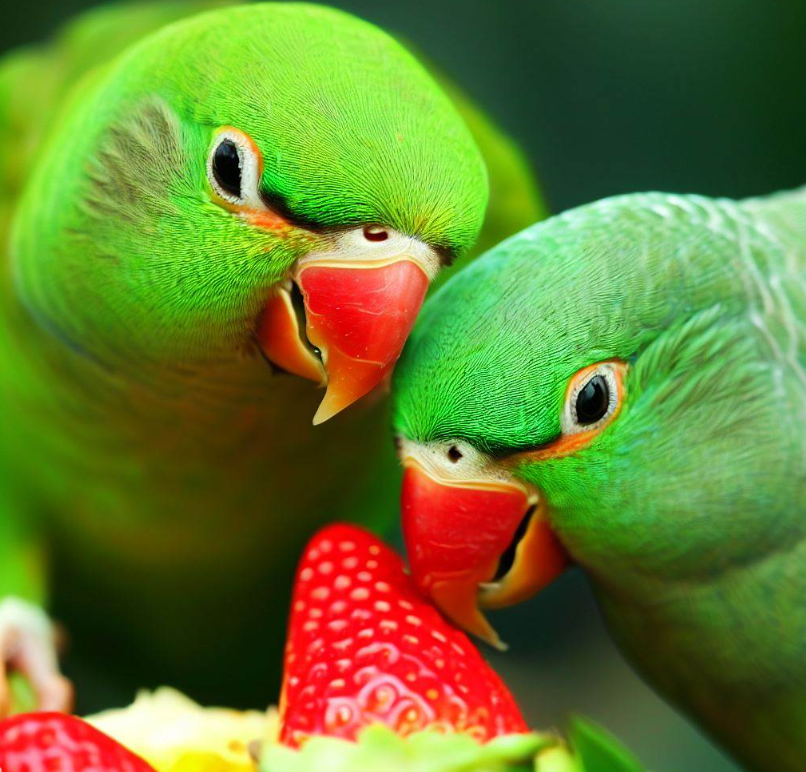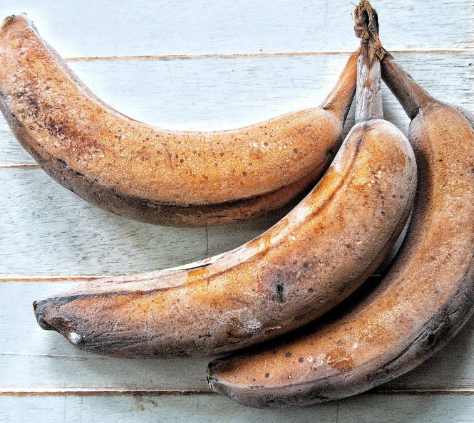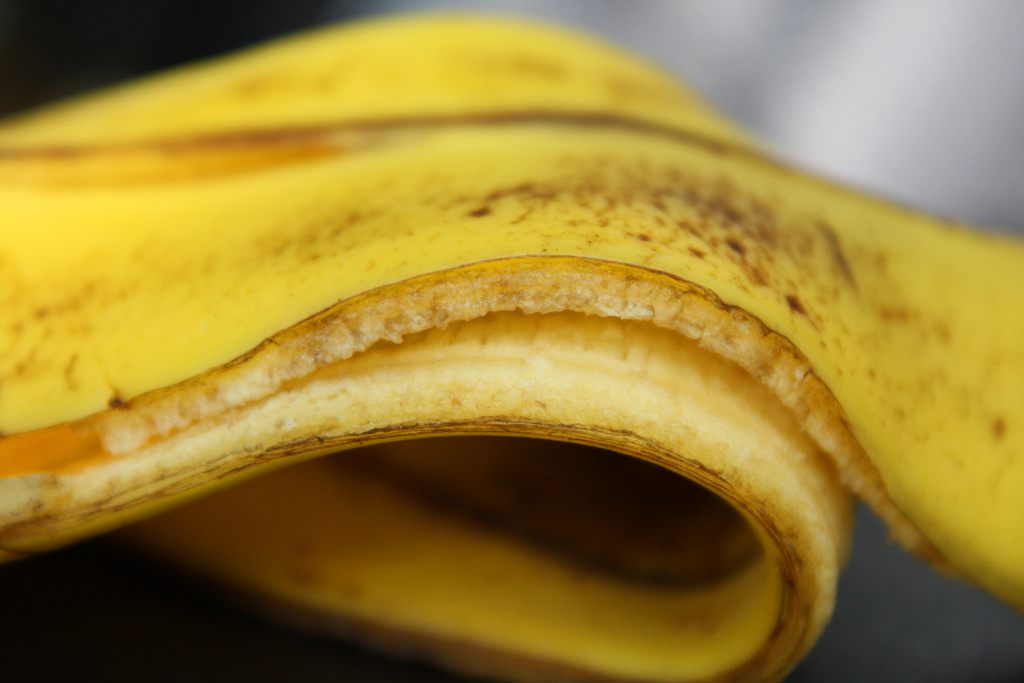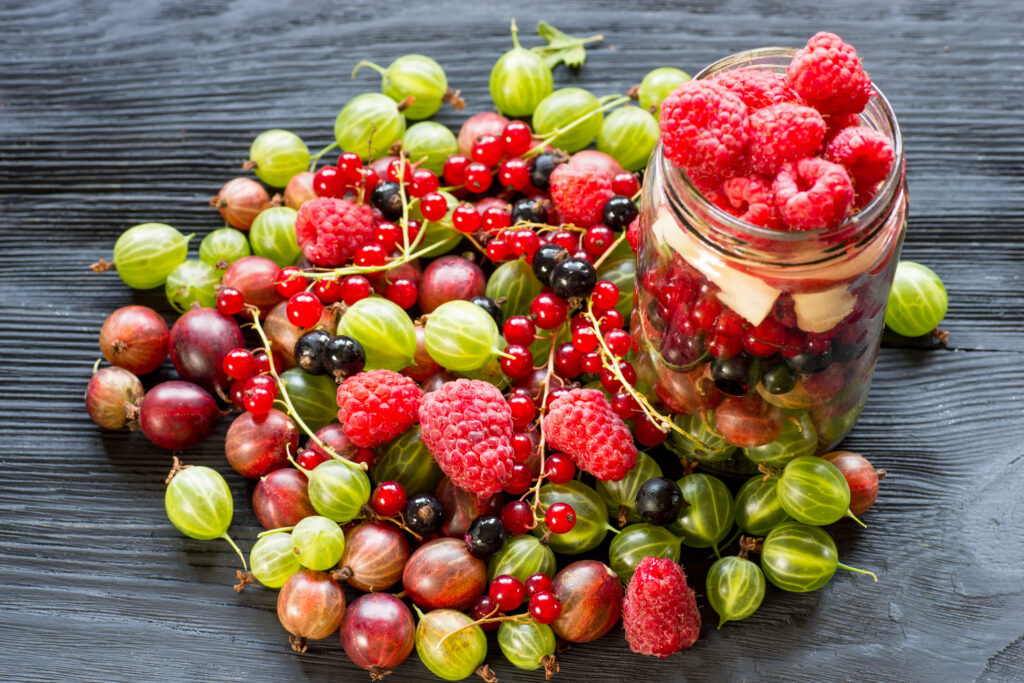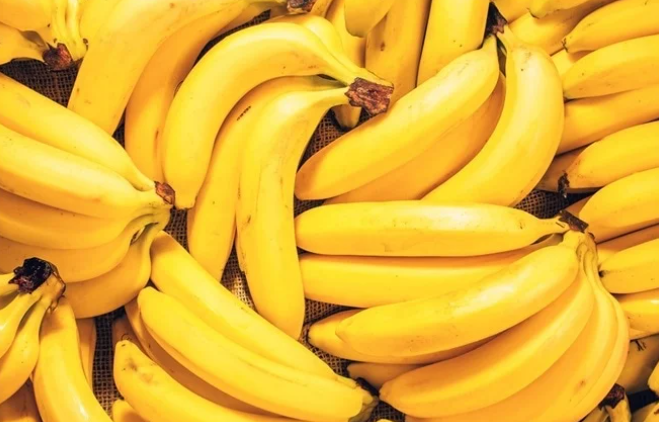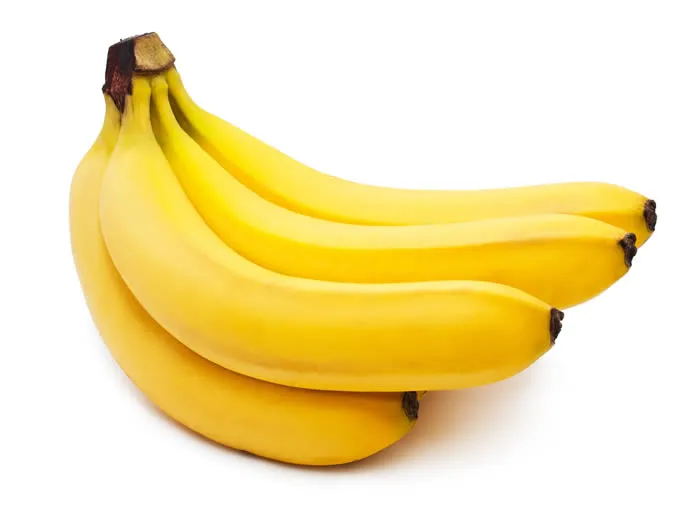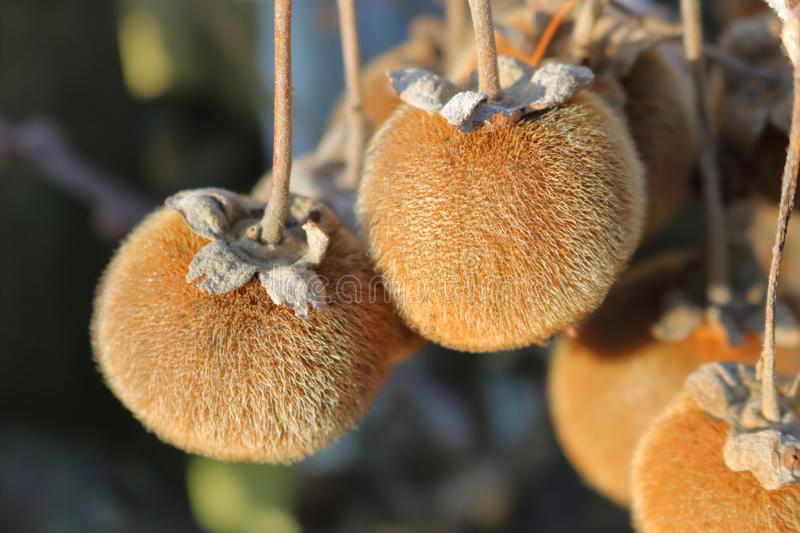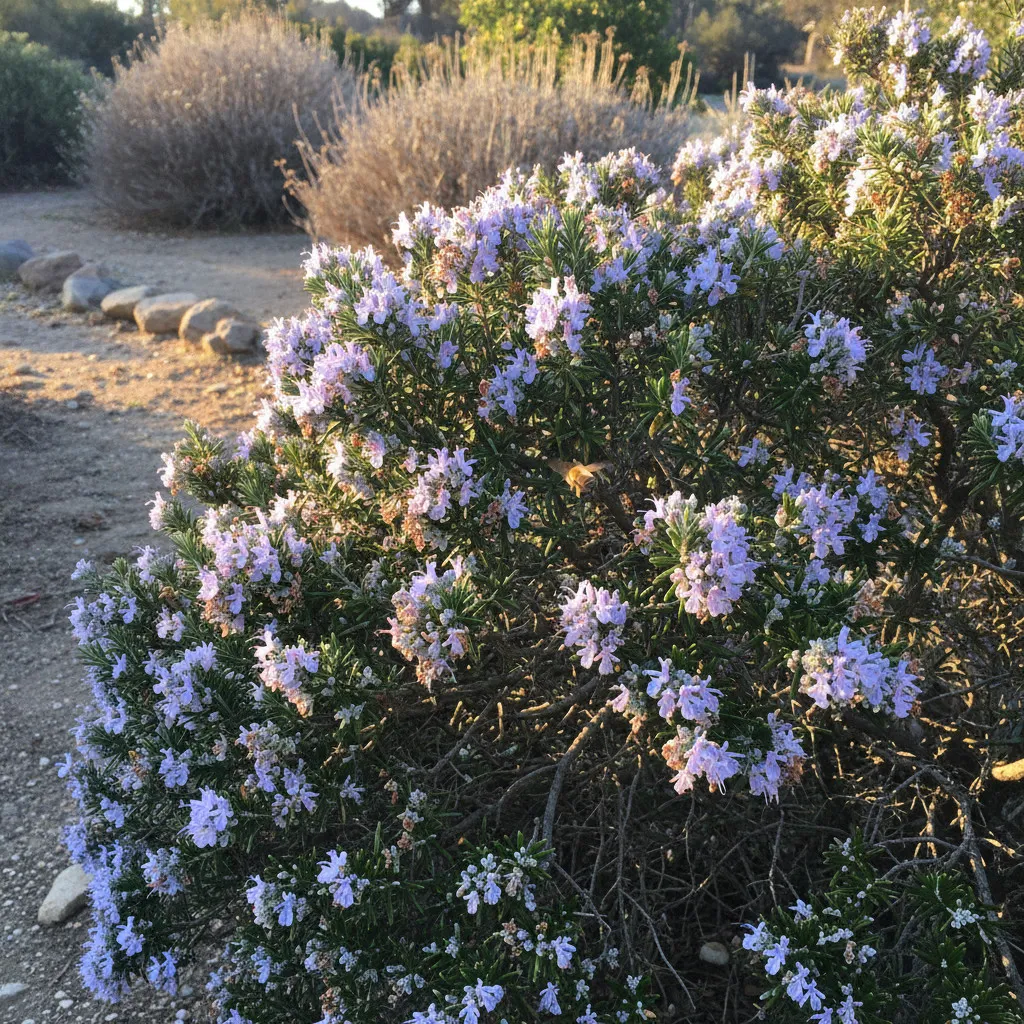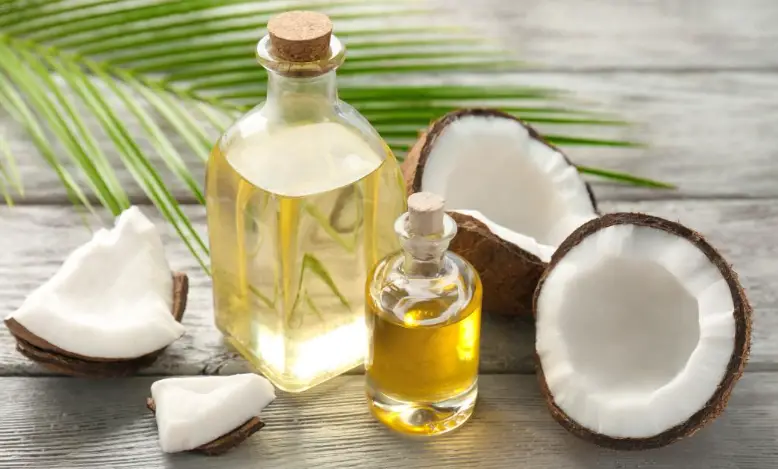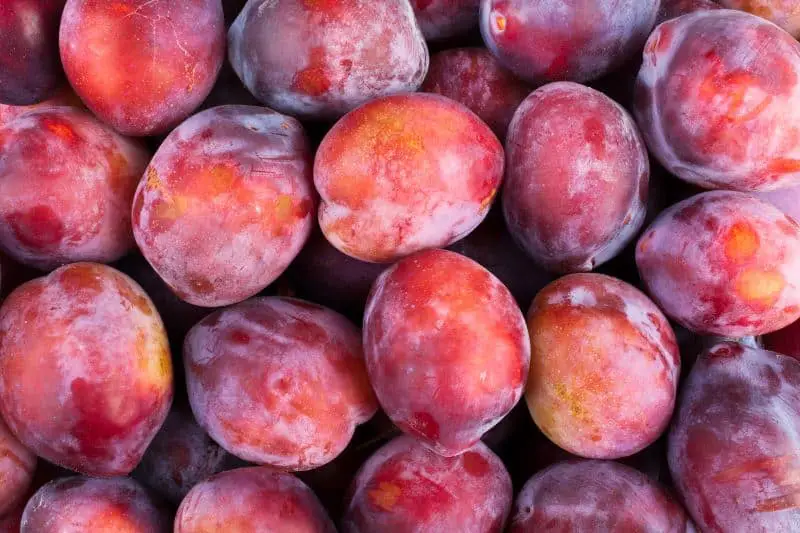When we think about tropical fruits, we usually imagine things like juicy pineapples, ripe mangoes, and sweet papayas. Kiwi, with its fuzzy skin and bright green inside, might not be the first fruit you think of. But the background of kiwi and where it grows might actually be quite interesting to learn.
In this detailed guide, we’re going to find out if kiwis are really tropical fruits and look into what makes a tropical fruit what it is.
Table of Contents
- Understanding Tropical Fruits
- Kiwi Fruit: Where It Comes From and How It’s Grown
- Is the Kiwi a Tropical Fruit?
- The Kiwi’s Climate Needs
- What Kind of Fruit is a Kiwi, Scientifically Speaking?
- Why Do Some People Think Kiwi is a Tropical Fruit?
- Can You Grow Kiwi in Tropical Areas?
- How is Kiwi Used in Cooking?
- Tasty kiwi recipes to try
- How to pick and keep kiwis fresh
- Fun kiwi trivia
- Summary
- Common Questions
- Can I eat kiwi with the skin on?
- How do I know if a kiwi is ripe?
- Can I freeze kiwi?
- Are kiwis high in sugar?
- Are there different varieties of kiwi?
Understanding Tropical Fruits
Tropical fruits are those that grow in the hot and moist parts of the world like Central and South America, Africa, Southeast Asia, and the Caribbean. They need the right kind of soil and plenty of rain to grow well.
Fruits like pineapple, mango, papaya, guava, passion fruit, and coconut are all well-known tropical fruits. Their flavors can be sweet and tangy or even a little sour, and each one tastes very different.
They are not just tasty but also colorful and full of fragrance. That’s why they’re used in many food recipes, from desserts and smoothies to fancy drinks.
Kiwi Fruit: Where It Comes From and How It’s Grown
The kiwi fruit began its story in the Yangtze River valley of China. It made its way to New Zealand in the early 1900s and started to be grown there for selling. Now, New Zealand is a big name in kiwi production, along with Italy, Chile, and Greece.
Kiwis like climates that aren’t too cold or too hot. Places like New Zealand with its mild winters and warm summers are great for kiwi farming. Farmers often grow kiwis on structures called trellises which makes them easier to pick and helps grow more fruit.
Kiwi plants are unique – they have separate male and female plants, and both are needed to make the fruit. Usually, farmers grow about 6 to 8 female plants for every male plant to help the flowers turn into fruit. Kiwi plants also need soil that drains water well and they need to be watered regularly.
Kiwis are usually picked in the fall when they are ready and can be kept for a few weeks in a cool, dry place.
Is the Kiwi a Tropical Fruit?
Despite some similarities, the kiwi is not actually a tropical fruit. It’s sweet and tangy like many tropical fruits, but it grows best in a temperate climate – not too hot, not too cold. China, not a tropical country, is where the kiwi originally comes from. Even though it might look and taste a bit like a tropical fruit, kiwi doesn’t grow naturally in the tropics.
The Kiwi’s Climate Needs
Kiwi plants need what’s called a subtropical climate. This means they can handle a little cold – but not frost – and like warm summers. The kiwi vines are strong and need to be supported well to hold up lots of fruit.
What Kind of Fruit is a Kiwi, Scientifically Speaking?
The Actinidiaceae family includes many kinds of fruit plants such as kiwis. Kiwis belong to this family and are scientifically named Actinidia deliciosa. They are native to China and grow on woody vines that can reach up to ten feet. Kiwis are about three inches long, have brown fuzzy skin on the outside, and bright green flesh inside.
There are different types of kiwi fruit. They can vary in size, how their skin feels, and how they taste. The most common type is the ‘Hayward’, while the ‘golden kiwi’ is sweeter and not as tangy as the green one. These varieties show all the unique features that make kiwi plants special within their family.
Why Do Some People Think Kiwi is a Tropical Fruit?
Many might mistake kiwi for a tropical fruit because of its taste and how it looks. Kiwis are sweet and tangy, just like some tropical fruits, and the inside is soft and juicy. They also have a beautiful green color similar to tropical fruits.
Countries that are known for warm weather, such as Italy, Chile, and Greece, are big producers of kiwi. This might make some people think it’s tropical. But kiwis need certain temperatures and the right soil to grow, which are not typically found in tropical regions.
Can You Grow Kiwi in Tropical Areas?
Kiwis can be grown in a variety of climates, including some areas that are a bit tropical. But, they need some cold weather to help with fruiting. There are some types of kiwi plants, such as the hardy and super-hardy kiwis, that can handle very cold temperatures, even as low as -25°F.
For growing kiwis in tropical places, farmers might have to try special methods and must think about the soil and keeping the temperature right for the plants.
How is Kiwi Used in Cooking?
Kiwi is versatile in the kitchen. You can take a bite of it just as it is, slice it up into a fruit salad, mix it into a drink, or put it on top of sweet treats. Kiwi’s unique flavor is a great addition to a lot of different dishes.
Tasty kiwi recipes to try
- Kiwi and Strawberry Smoothie – A refreshing drink blending sweet strawberries and tangy kiwi.
- Fresh Kiwi Spinach Salad – A healthy green salad with juicy kiwi slices.
- Homemade Kiwi Salsa – A unique twist on traditional salsa, using kiwi for an extra kick.
- Classic Kiwi Pavlova – A sweet dessert topped with whipped cream and kiwi.
- Cool Kiwi Sorbet – An icy treat made from pureed kiwi and simple syrup.
How to pick and keep kiwis fresh
Choose kiwis that are nice and plump, feel firm, and don’t have bruises or wrinkles. A ripe kiwi will be a little soft when you gently press it. Try not to pick kiwis that feel too squishy. If kiwis are hard, leave them out at room temperature for a few days to ripen. Once they’re ripe, you can store them in the fridge for up to two weeks to keep them fresh.
Fun kiwi trivia
- Kiwis have an enzyme called actinidin that can help to make meat more tender.
- The kiwi fruit shares its name with the kiwi bird, a symbol of New Zealand.
- People usually pick kiwis by hand to avoid bruising the soft skin.
Summary
While many think kiwis come from tropical places, they actually prefer a cooler climate and belong to the Actinidia plant family. There are more than 60 kinds of Actinidia vines that all produce a small, tasty fruit. Kiwis started in China and were first grown a lot in New Zealand. Now, they’re popular all over the world.
Kiwis can be grown in some tropical places too, but they need the right kind of care and the perfect place to grow. They need specific temperatures and soil, and choosing the right kind of kiwi is essential for a good harvest.
Kiwi fruit is not just tasty; it’s also full of good stuff for your body. There are lots of ways to enjoy kiwis—you can eat them as they are, blend them into smoothies, mix them into salads, or use them to make yummy desserts. Kiwis look great, taste great, and add a fresh and healthy touch to any dish.
